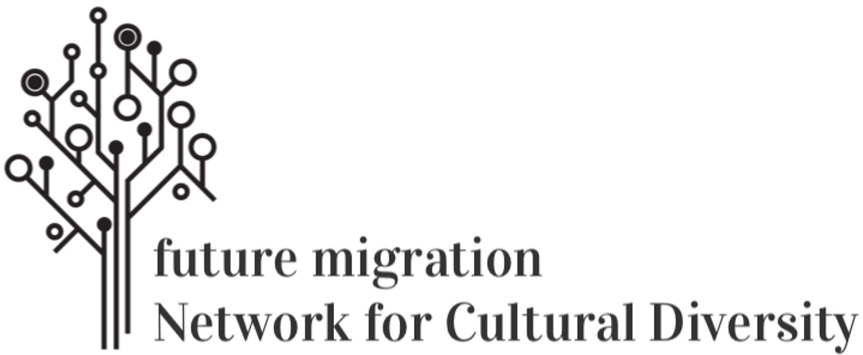About Us: The Network's Research Philosophy
Migration and cultural diversity are core constituents of all human and social endeavors. People, knowledge, ideas, economies, technologies and ecosystems interact under the aegis of globally coded local power structures that favor Europe and the West. It's a fact: Europe is diverse. Yet, this “unit of diversity”, to use Édouard Glissants words, is ruled by power structures and discourses that inherently place culture above nature. The outcome of this rhetoric has developed into an algorithm of hierarchical binary oppositions, i.e. white above Black, Men above women, Christians above non-Christians, Europe above the rest of the world (not including its “former diaspora” in North America). Thus, Humanism, the Enlightenment and Modernity, have ascribed race and religion to culture and nation. The complexity of Europe in relation to its cultural, racialised and religious diversity has thereby been marginalized. Since the beginning of its existence, Europe has been a home for Islam and People of Color. Nevertheless, mainstream narratives describe, for example, Islam and People of Color as Europe's “Other”. With this background in place, the currently intensified arrival of (Muslim) refugees from outside of Europe is narrated as a crisis. But the term “Refugee Crisis” is misleading. It suggests that those affected in this crisis are only those who seek refuge, and only because they carry “their affliction” to Europe. But this crisis is neither the making of the fleeing people nor are its effects limited to them. Thousands of people have to leave their home due to wars and crises that develop locally, yet those problems are caused globally by capitalism, colonialism and climate change. If there is a crisis to be noted at all, then rather than a “refugee crisis” it is an “Identity Crisis”, which revolves around the European and German fear of loss, in other words an anxiety of “loosing” the identity of an imagined Europe allegedly being white and Christian only. The crisis, therefore, is rather a conflict about owning Europe, its privileges, power and fortunes and about whether and how futures can be shared more evenly in the future. The atmosphere of hatred and separatism in regards to “Brexit”, “America First” and the German “AfD” has to be taken very seriously in order to overcome the schisms that manifest itself crisscrossing conventional political and medial divides. The current atmosphere presents us with a real crisis in regards to social unity and peace. New questions need new answers; yet maybe it is of utmost importance to realize that there neither simple answers nor clear paths to follow. It seems that the most important task at this moment is to have the courage, (not) to be silent, to listen, to (re)think and to (re)educate. For such an endeavor we need the ethics of shared and equally distributed futures – a future ethics that tackles hatred and violence in an informed way in order to present a shift in perspective and create new knowledge about migration, diversity and cultural change both academically and in regards to education policy. “Future migration. Network for Cultural Diversity” has taken this ethical project onto itself as a productive reaction to the above mentioned challenges for societal change and German futures in the global context.

